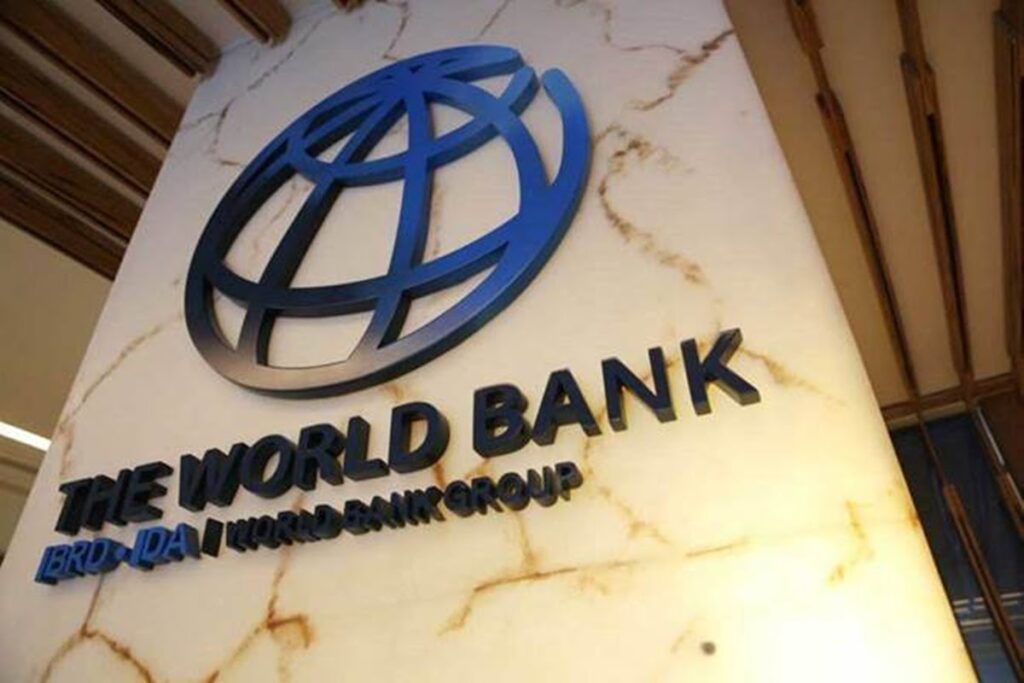The World Bank has disbursed a $1.5 billion loan to Nigeria as part of the federal government’s efforts to implement fuel subsidy removal and tax reforms.
The loan was approved on June 13, 2024, and disbursed in two tranches: the first $750 million in July 2024 and the second $750 million in November 2024.
The loan is part of the Reforms for Economic Stabilisation to Enable Transformation Development Policy Financing initiative, which aims to support Nigeria’s economic reforms.
The disbursement was tied to the fulfillment of specific economic reform conditions, including the removal of fuel subsidies and the introduction of comprehensive tax policies.
The first tranche has a 12-year maturity and a six-year grace period, while the second tranche has a 24-year maturity and an 11-year grace period. The World Bank has praised Nigeria for surpassing the conditions for the loan approval and implementing sweeping reforms.
The Nigerian government’s twin policies of fuel subsidy removal and exchange unification have drawn both praise and criticism. Fuel prices have increased fivefold, and the exchange rate has surged, impacting the cost of living for many Nigerians
Although the government introduced measures like disbursing N25,000 to households, only a fraction of households have benefitted.
Additionally, the Compressed Natural Gas Initiative, a cheaper alternative to fuel, has yet to be fully implemented.
Consequently, both headline and food inflation rates have risen significantly to 34.60 percent and 39.93 percent, respectively.
Get instant and latest news updates via Our WhatsApp Community, X/Twitter or Google News online channel.


